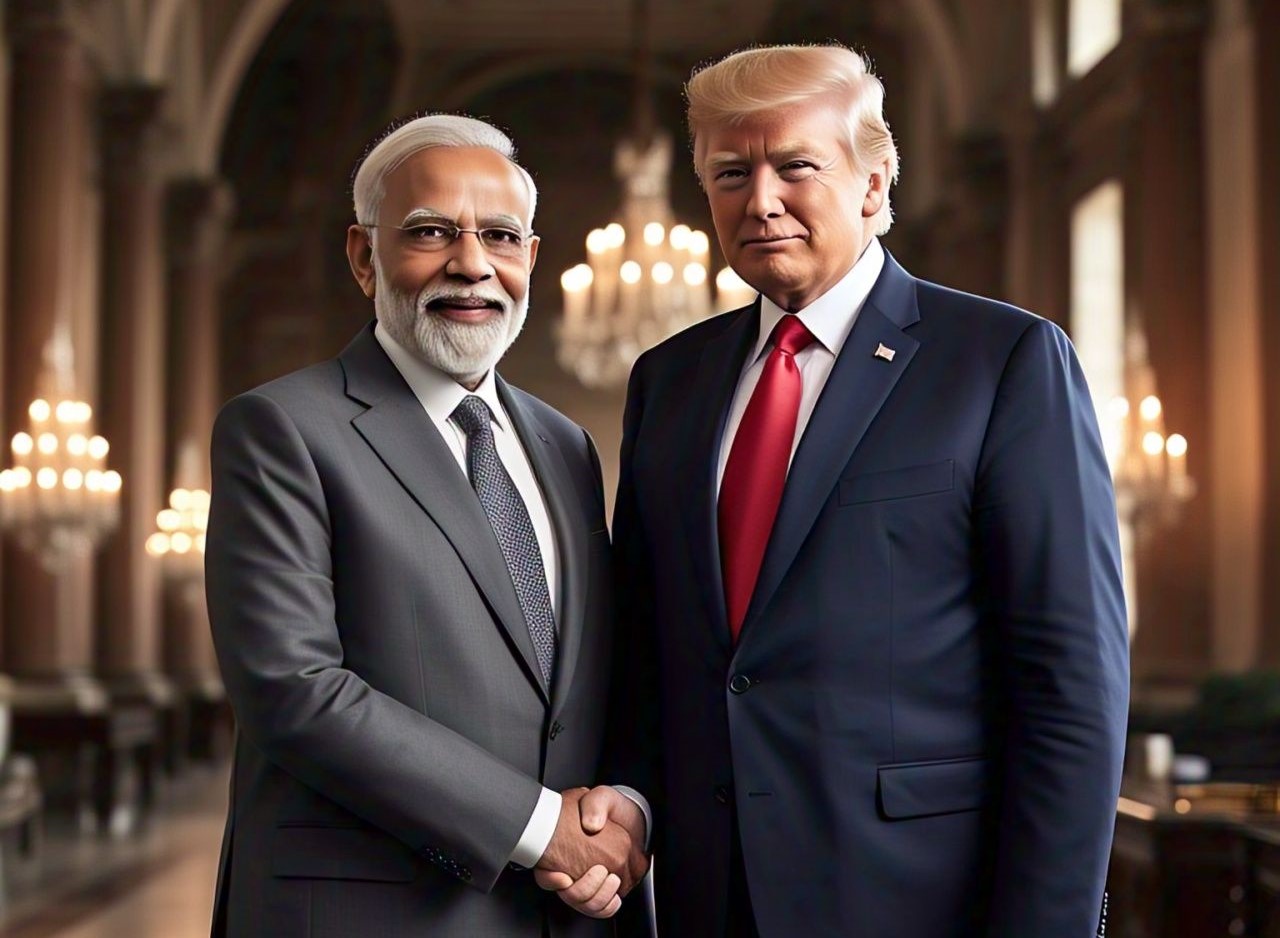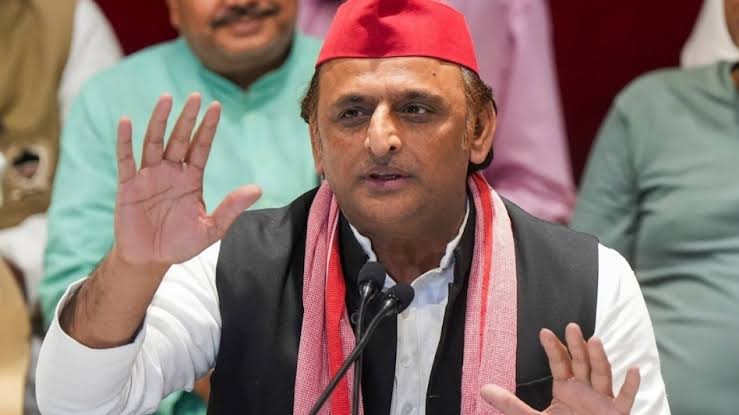PM Modi and Trump Affirm Faith in Atomic Energy
Prime Minister Narendra Modi of India and President Donald Trump of the United States have recently affirmed their commitment to advancing cooperation in atomic energy, highlighting its role in achieving energy security and supporting climate goals.
Prime Minister Narendra Modi of India and President Donald Trump of the United States have recently affirmed their commitment to advancing cooperation in atomic energy, highlighting its role in achieving energy security and supporting climate goals. This significant development was part of their discussions during Modi's visit to the U.S., which included a broad range of topics from trade to defense but placed particular emphasis on energy.
Key Points from Their Discussions:
- Civil Nuclear Deal Implementation: Both leaders committed to fully realize the US-India 123 Civil Nuclear Agreement. This involves plans to collaborate on building U.S.-designed nuclear reactors in India, emphasizing large-scale localization and potential technology transfers. This move aims to deepen the strategic partnership between the two nations, particularly in high technology and defense sectors.
- Legislative Changes: The Indian government, under PM Modi, has announced intentions to amend the Atomic Energy Act and the Civil Liability for Nuclear Damage Act (CLNDA) to facilitate this cooperation. These amendments are meant to address the civil liability issues, which have historically been a sticking point for foreign nuclear suppliers in India.
- Small Modular Reactors (SMRs): There's a focus on not only large reactors but also on the development and potential deployment of small modular reactors. This reflects a global trend towards smaller, more flexible nuclear energy solutions that can be deployed faster and potentially at a lower cost.
- Bilateral Energy Trade: Discussions also touched upon broader energy cooperation, including India's potential to increase imports of U.S. LNG (Liquefied Natural Gas), aiming to diversify India's energy portfolio while strengthening bilateral trade.
- Security and Economic Implications: The cooperation in nuclear energy is seen as a strategic move to bolster energy security in India, reduce carbon emissions, and foster economic growth through technology and job creation in the nuclear sector. Trump's administration has shown keen interest in making the U.S. a significant supplier of nuclear technology worldwide, with India being a key partner.
Context and Implications:
- Historical Context: This reaffirmation builds on the landmark US-India Civil Nuclear Agreement from 2008, which ended India's nuclear isolation by allowing it to engage in civilian nuclear trade despite not being a signatory to the Nuclear Non-Proliferation Treaty.
- Global Energy and Climate Goals: By focusing on nuclear energy, both countries are aligning with broader global efforts to combat climate change through low-carbon energy sources. Nuclear power offers a stable, high-capacity energy solution that complements renewable sources like solar and wind.
- Economic Opportunities: For India, this partnership could mean not only energy security but also the development of indigenous capabilities in nuclear technology, potentially leading to exports of nuclear technology or services in the future. For the U.S., it represents an opportunity to expand its nuclear industry's global footprint.
- Political and Strategic Ties: The emphasis on nuclear energy cooperation is also a reflection of the strategic partnership between India and the U.S., aimed at countering regional dynamics, particularly in light of China's increasing influence in Asia.
This collaboration on atomic energy between Modi and Trump signifies a long-term commitment to not just bilateral trade and security but also to global environmental and energy challenges. The discussions and agreements lay the groundwork for what could be a transformative phase in India's nuclear power program, with significant implications for both countries' energy policies and international relations.
Comments 0
Recommended Post

















Leave a Comment